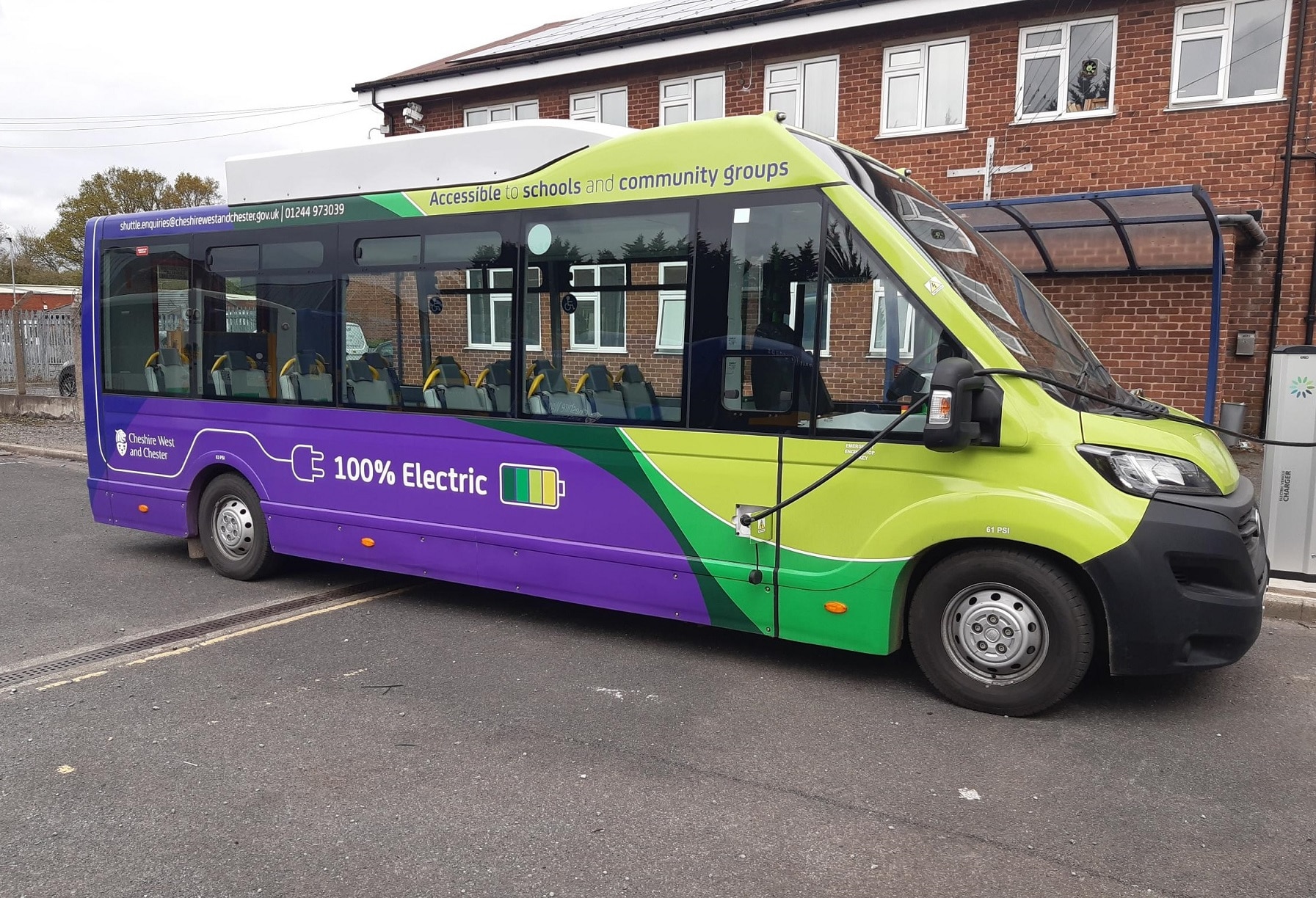Croner-i considers the different ways mental health discrimination can occur in the workplace and how organisations can avoid it
What is mental health discrimination?
Discrimination is when an employer or co-worker treats someone differently based on one of the protected characteristics (age, disability, gender reassignment, marriage and civil partnership, pregnancy and maternity, race, religion or belief, sex and sexual orientation).
Discrimination due to mental health is more difficult to define because mental health is not a directly protected characteristic, however disability is.
The Equality Act 2010 defines a disabled person as someone with a physical or mental injury that is substantial or long term (lasting more than 12 months) and which affects their ability to conduct day-to-day activities.
So, for discrimination based on mental health to be unlawful, the mental health issue needs to fit the definition of a disability and the employer must also know – or be reasonably expected to know – about the disability.
If an employee with mental health problems qualifying as a disability is treated differently at work because of their condition, this could then be shown to be discriminatory and could lead to a costly employment tribunal. Discrimination cases also have an unlimited fine and no minimum service period for employees and could potentially devastate a business.
Types of discrimination
There are six types of disability discrimination under the Equality Act 2010:
· Direct discrimination
· Discrimination arising from disability
· Indirect discrimination
· Harassment
· Victimisation
· Failing to comply with the duty to make reasonable adjustments.
Direct and indirect discrimination in mental health
Direct discrimination is where someone treats an employee unfairly because of a protected characteristic. Discrimination against mental health in the workplace occurs mainly in this form and usually as a result of direct treatment or practices that affect the employee.
For example, mental health discrimination may occur if an organisation does not offer an employee a promotion because they have depression, but instead gives the promotion to a colleague who does not have depression – even though they have less experience and fewer qualifications. Alternatively, someone with depression could be penalised for taking too much time off sick.
Discrimination by association happens when an employee gets worse treatment because of a connection or association with another person with a disability (e.g. it is their partner who suffers with mental ill health).
Indirect discrimination occurs where a practice that applies to everyone inadvertently disadvantages someone with a protected characteristic. For example, where an employer only considers those who have a driving licence eligible for promotion even though this is not a key requirement of the job. This may discriminate against people with mental or physical health problems that prevent them from holding a driving licence.
There are times when an employer can justify discrimination against those with a disability, for instance if they can show there was a good reason for this other than merely being cheaper (e.g. the safety of others) and it was proportionate.
Organisations should re-evaluate all policies to ensure no groups are discriminated against or lose out unfairly. Make sure all managers and supervisors are trained to recognise discrimination, know how to assess changes to ensure that discrimination does not occur and know what steps to take if it is reported.
Harassment and mental health
The Equality Act 2010 defines harassment as conduct that violates dignity or produces an unpleasant environment. For it to be discrimination, it needs to link to a protected characteristic.
An example of harassment would be if a colleague finds out their colleague has bipolar disorder and makes offensive remarks in the office about being in a manic phase. This can happen in or outside of the workplace, as harassment may begin outside, but the feelings will continue into the workplace.
Organisations should have a policy in place to deal with harassment and this should be communicated to all employees. It is also worth considering how to ensure a positive, respectful and supportive work culture.
Victimisation of someone with a mental illness
This is the mistreatment of a person because they are making a complaint about discrimination or harassment.
For example, an employee complains to their employer about disability discrimination. After this, the manager treats them badly because they are seen as a troublemaker or less loyal to the organisation.
Organisations should ensure that management or HR is scrupulously neutral when faced with any such issues. If there has been a complaint or grievance raised, make sure a fair process is followed, and each step is documented. Consider if anything needs to be done to improve work, so that employees feel able to discuss mental health issues in a supportive environment.
Failure to make reasonable adjustments
The Equality Act 2010 requires employers and service providers to make reasonable adjustments if an employee is at a substantial disadvantage compared to other people who do not have a mental health problem. The adjustments, for example, counselling, flexible working hours or a change in duties, should aim to remove any disadvantage suffered but should be realistic in balancing cost, effectiveness and practicality.
Adjustments should be made in consultation with the employee and be specific to their needs. Often a note from the employee’s GP is a good starting point. Otherwise, it might be worth getting an occupational health assessment for advice.
Dismissal for mental health issues
It is possible to dismiss an employee fairly if they can no longer carry out their job because of their mental ill health. However, the organisation must first have considered how to make adjustments for and support their employee if the issue qualifies as a disability. Dismissal should be the last resort. This is especially true if it can be argued that the mental health condition has arisen from or been worsened by work-related stress.
In-depth guidance on dealing with mental health issues and discrimination in the workplace is available as part of a subscription to Navigate-Transport and free access to Navigate-Transport Lite is available to routeone members.



























